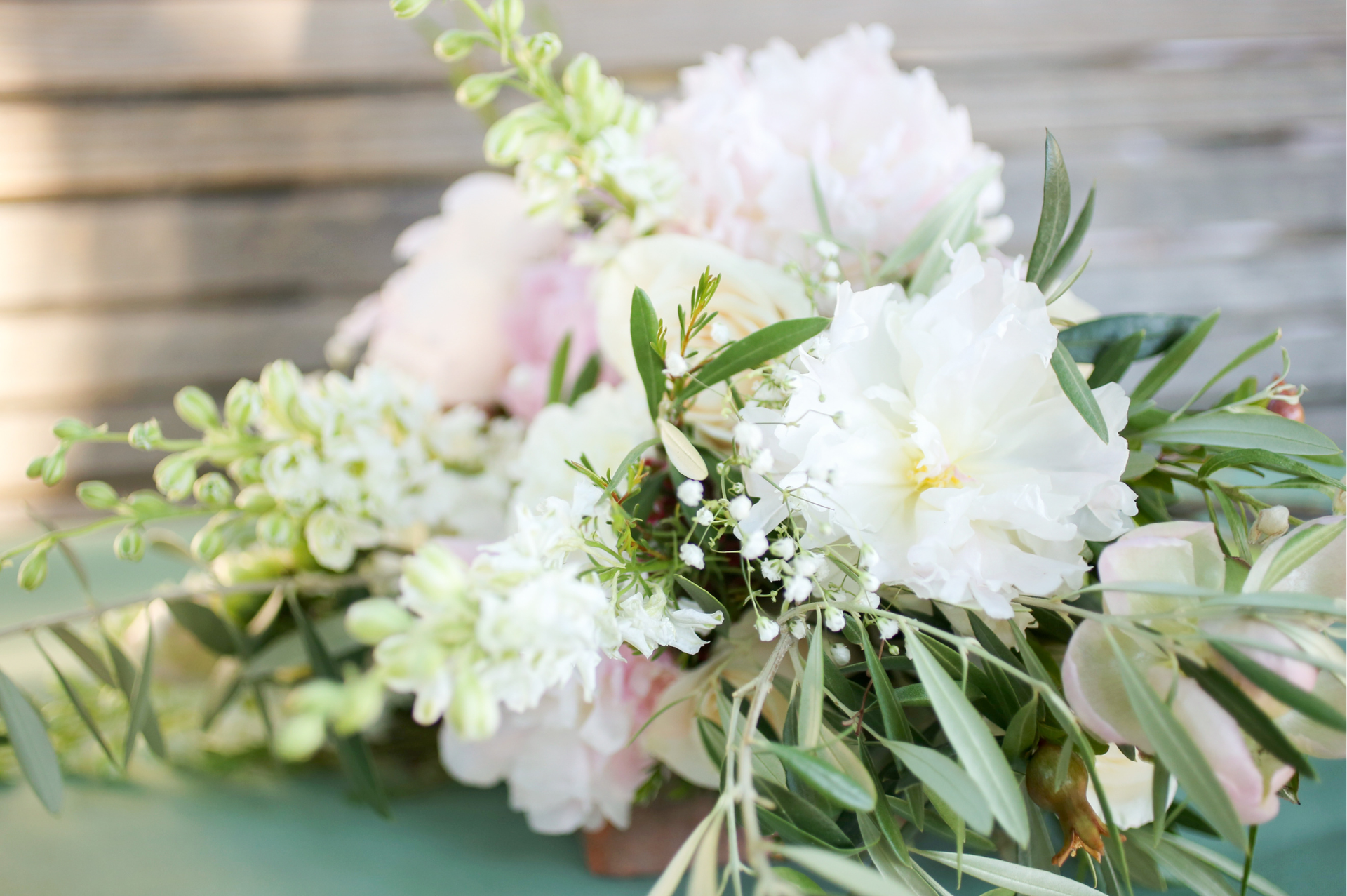We’ve all done it! We’ve brought home a beautiful bouquet of flowers, only to be disappointed when it didn’t last as long as we had hoped and our stunning blooms began to wilt. But never fear! Under the right conditions, freshly cut flowers can be encouraged to last much longer. My top 7 flower care tips will give your floral designs the longevity they deserve:
Tip #1:
Top up the water frequently and change it completely every 2-3 days.
Flowers drink a lot of water so its not uncommon for a large flower arrangement to suck up all the water in a vase within the first day or two you have it at home. Keep the vase full to ensure the flowers do not dry out and wilt. Flowers are also highly susceptible to bacteria that builds up as stems sit in the water. By changing the water in the vase every few days, even if the water hasn’t been used up, will help keep your flowers fresh longer. It also smells much fresher as you avoid that horrid rotten smell that develops if you let them sit a long time. For large formal arrangements, carefully tip the vase over a sink to let the water drain without disturbing the design. Then re-fill the vase by gently pouring water in at the top of the flowers.
Tip #2:
Each time you change the water, trim a little off the stems before putting your flowers back in the vase.
Once flowers have been cut, the tissue at the tips of their stems begins to break down, so over time it becomes less able to absorb water. By cutting the stems just before placing your flowers back in water again, you expose fresh tissue that can suck up the water much more efficiently.
Tip #3:
Keep your flower arrangements away from bright light and heat.
It might be tempting to place our vase of flowers in a sunny windowsill since that is where a plant would be happiest. However, cut flowers are the opposite of potted plants: they are already at their peak of perfection. Sun and heat will only encourage them to wilt. Instead, keep your cut flowers in a cool, darker spot to help them last as long as possible.
Tip #4:
Avoid sitting your flowers beside ripening fruit or vegetables.
Ripening fruit, especially bananas and apples, gives off an odourless invisible gas called ethylene. This gas is harmless to humans, but rather deadly to flowers. The science behind it is as such: in the plant world, flowers are the precursor of fruit. Once a flower is pollinated, it begins to develop into a fruit so it can form seeds and start the plant life cycle over again. Ethylene is the gaseous hormone in the plant that induces that flower to drop its petals and become a fruit. As the fruit matures, it continues to give off ethylene. So when you sit your vase of flowers next to ripening fruit, you’re exposing them to this gas that will cause them to drop their petals.
Tip #5:
Wash your vase or container thoroughly with hot soapy water.
Bacteria build up in dirty vases so as soon as you add more water and fresh flowers, the vase will once again be full of bacteria and your new bouquet will be subjected to bacteria. Give your flowers a fresh clean environment free of bacteria and they will last much longer.
Tip #6:
Use “flower food” for most flowers.
While changing the water every other day or so is often just as effective for making flowers last longer, adding those flower food packets that come with packaged flowers are beneficial as well. This is especially true if you’re forgetful/lazy and won’t be changing your flowers’ water regularly. In addition to “feeding” the bouquet, these food packets contain a bactericide that keeps the water fresh for a day or two longer. You can make your own flower food by adding about 1 teaspoon of sugar, 2 teaspoons of lemon juice and a 1 teaspoon of bleach to your vase before adding about a quart of warm tap water. It is worth noting that there are a few flowers that actually do NOT like flower food in the vase. Some of these are: zinnias, sunflowers and glads.
Tip #7:
Always use sharp scissors when cutting your flowers.
This is something I always do when preparing my floral arrangements. Sharp scissors ensure a clean cut that leaves as much of the delicate stem as possible unharmed. However, if you use an old dull pair of scissors to snip or trim your flowers, you could be causing more damage than necessary by crushing their stems. The crushed or damaged cells in the stems won’t be able to absorb water as effectively as healthy ones, which will shorten the life span of your floral display.
I hope you find these tips helpful and that they enable you to enjoy your freshly cut flowers much longer.







